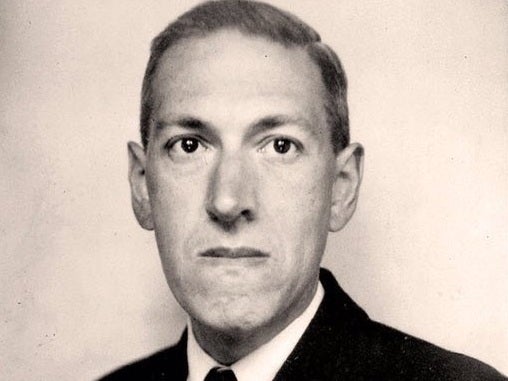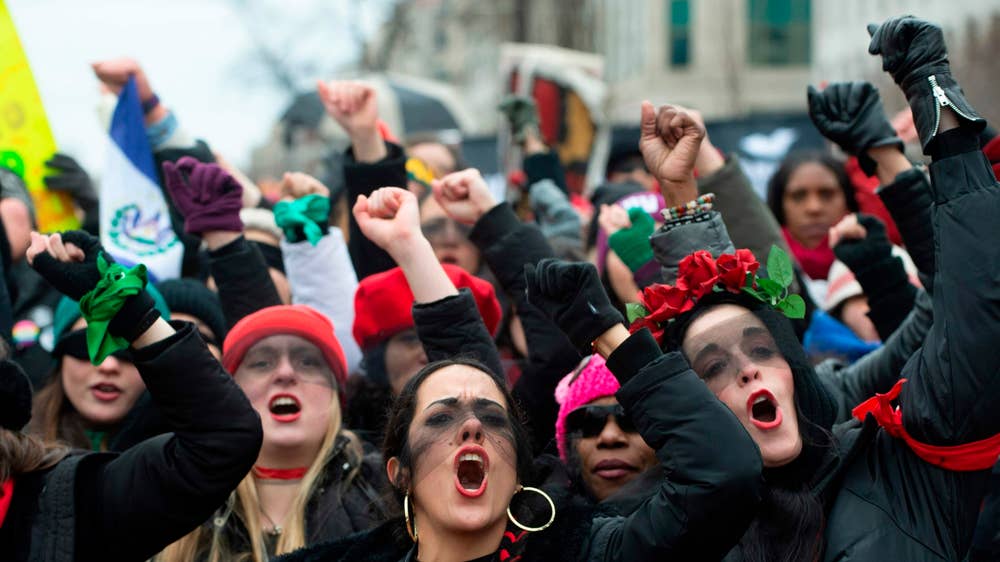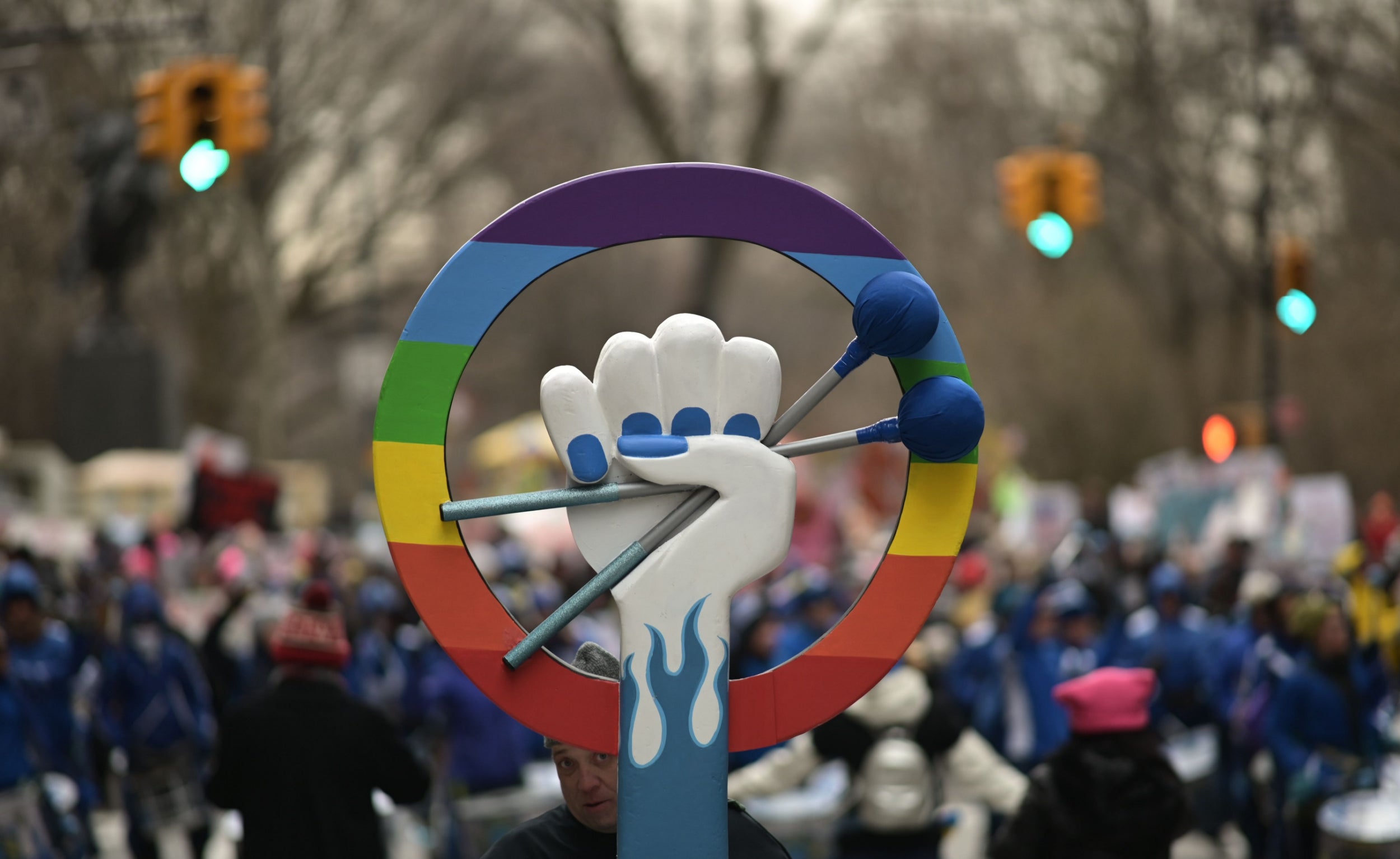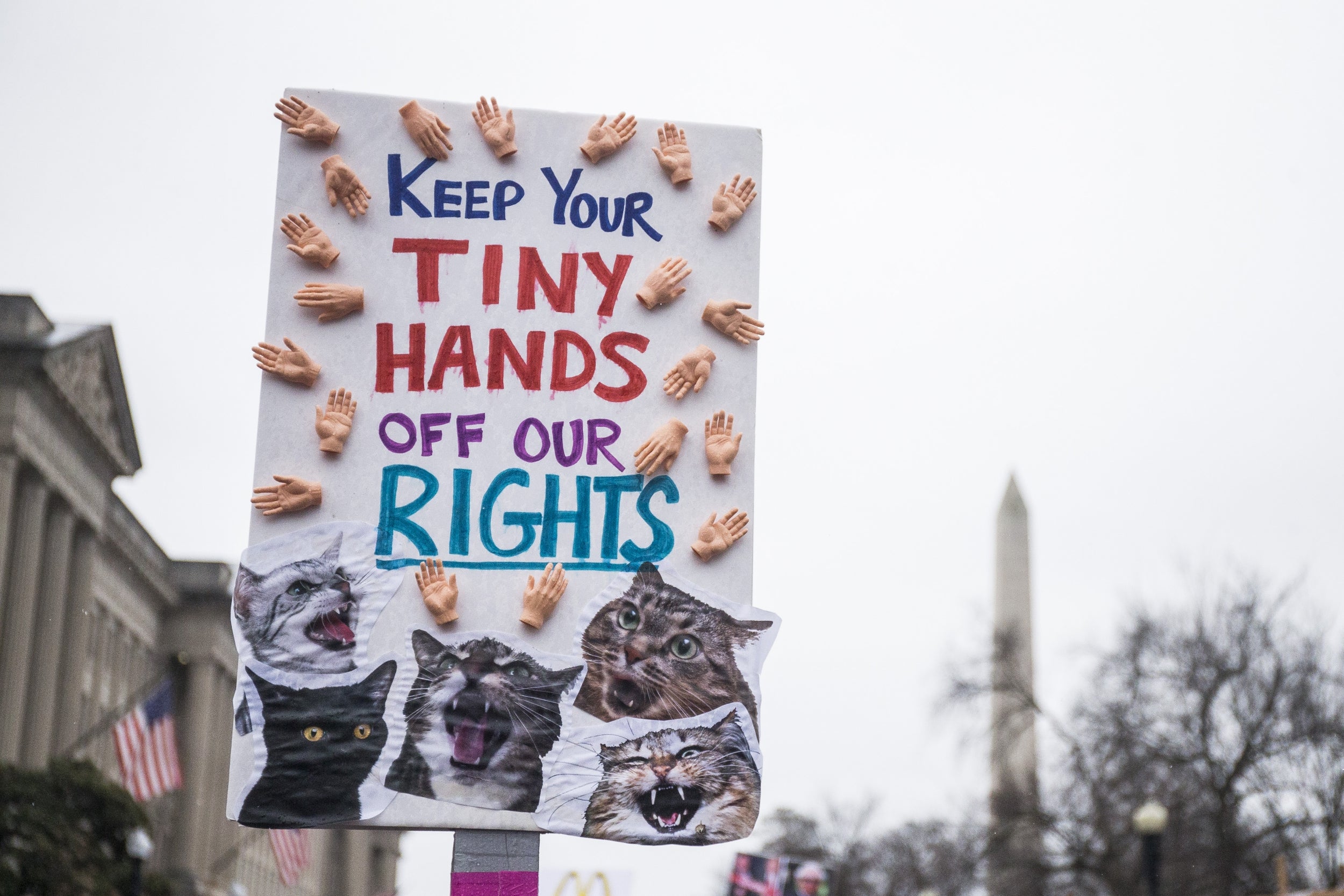Virgin Media data breach that exposes personal details of 900,000 customers
‘Protecting our customers’ data is a top priority and we sincerely apologise,’ says firm
Mike Bedigan

Hundreds of thousands of customers' details were exposed ( Getty )
Virgin Media has apologised after a data breach left the personal details of around 900,000 customers unsecured and accessible.
The company said that the breach occurred after one of its marketing databases was “incorrectly configured” which allowed unauthorised access.
It assured those affected by the breach that the database “did not include any passwords or financial details” but said it contained information such as names, home and email addresses, and phone numbers.
Virgin said that access to the database had been shut down immediately following the discovery but by that time the database was accessed “on at least one occasion”.
It added that it was unsure the extent of the access or if any information was actually used.
It has been reported that the database has been unsecured since April 2019.
In a statement, the company said: “We recently became aware that one of our marketing databases was incorrectly configured which allowed unauthorised access.
“We immediately solved the issue by shutting down access to this database, which contained some contact details of approximately 900,000 people, including fixed line customers representing approximately 15% of that customer base.
“Protecting our customers’ data is a top priority and we sincerely apologise.
“The database did not include any passwords or financial details, such as credit card information or bank account numbers, but did contain limited contact information such as names, home and email addresses and phone numbers.
“Based upon our investigation, Virgin Media does believe that the database was accessed on at least one occasion but we do not know the extent of the access or if any information was actually used.
“We are now contacting those affected to inform them of what happened. We urge people to remain cautious before clicking on an unknown link or giving any details to an unverified or unknown party.”
Adam French, Which? consumer rights expert, said: “This data breach has exposed the data of almost a million Virgin Media customers and whilst no financial details or passwords were included, those customers are likely to be worried.
“It is vital that Virgin Media continues to provide clear information on what has happened.
“For anyone concerned they could be affected – it’s good practice to update your password after a data breach. Also, be wary of emails regarding the breach, as scammers may try and take advantage of it.”
Virgin said that online security advice and help on a range of topics is available to customers on its website.

























